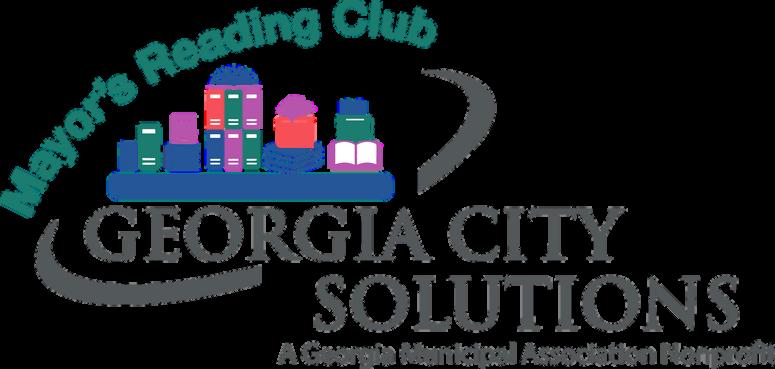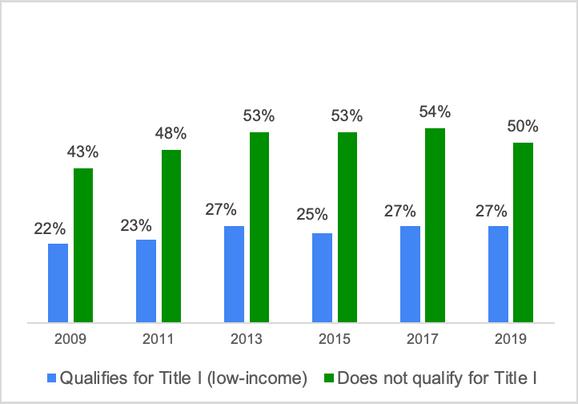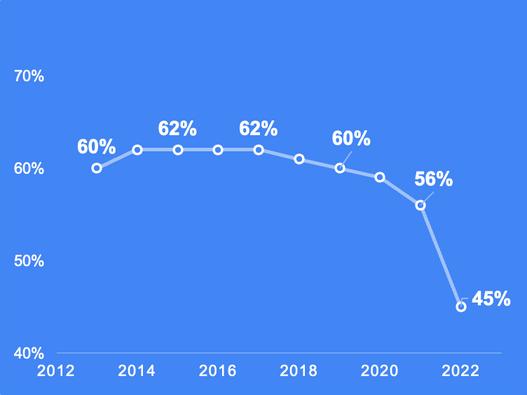
1 minute read
II.Education
4th Grade Reading
Children who can't read proficiently by 4th grade are more likely to:
Advertisement
Have discipline problems
Drop out of high school
Experience unemployment
Spend time in jail or prison
Have poor health outcomes
Students not reading proficiently by school income
78% of Georgia 4th Graders do not read proficiently by 4th grade
Students in Title I schools are less likely to be proficient readers in 4th grade
Thisprogramaimstopromoteliteracy throughsupportfromcitymayors.The programisflexibleandpromotes partnershipsbetweenthecity,schools, librariesandthecommunity.

In 2022, just over 45% of Georgia K-12 public school students qualified for free or reduced-price lunch. Why this matters...

The number of students that qualify for free or reducedpriced lunch (FRPL) determines if a school is eligible for Title I funds.
What is Title I?
Title I is a federal program that supports low-income students. If over 40% of a school's students qualify for FRPL, a school is eligible for Title I funds.
GA
How can we better understand
student poverty?
The National Center for Education Statistics says a"school is highpoverty" of over 75% of students qualify for FRPL.
https://oraapp.doe.k12.ga.us/owsbin/owa/fte_pack_frl001_public.entry_form
4
Actions cities can take to meet
Education challenges:
Host meetings between city and school leaders to cultivate and build strong relationships. Provide opportunities for the school community (students, parents, teachers, administrators) to share how the city can support educational needs. Implement or support actions to help improve underperforming schools in the community, keep students in school, receive a diploma or GED, encourage literacy, address learning gaps and provide out-of-school time (summer, afterschool, etc.) opportunities. Strengthen partnerships between schools and businesses to address workforce needs.
Target disconnected and at-risk youth with educational and engagement programs and opportunities.
While Georgia cities typically do not play a direct role in providing education, city leaders can play a vital partnership role by exerting meaningful influence and recommending policies that improve student outcomes, strengthen schools, and ensure that their cities actively address education challenges.






